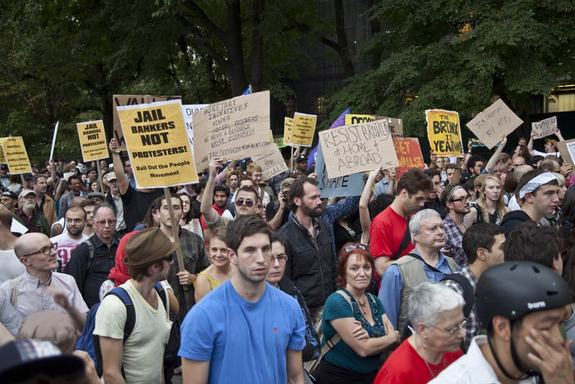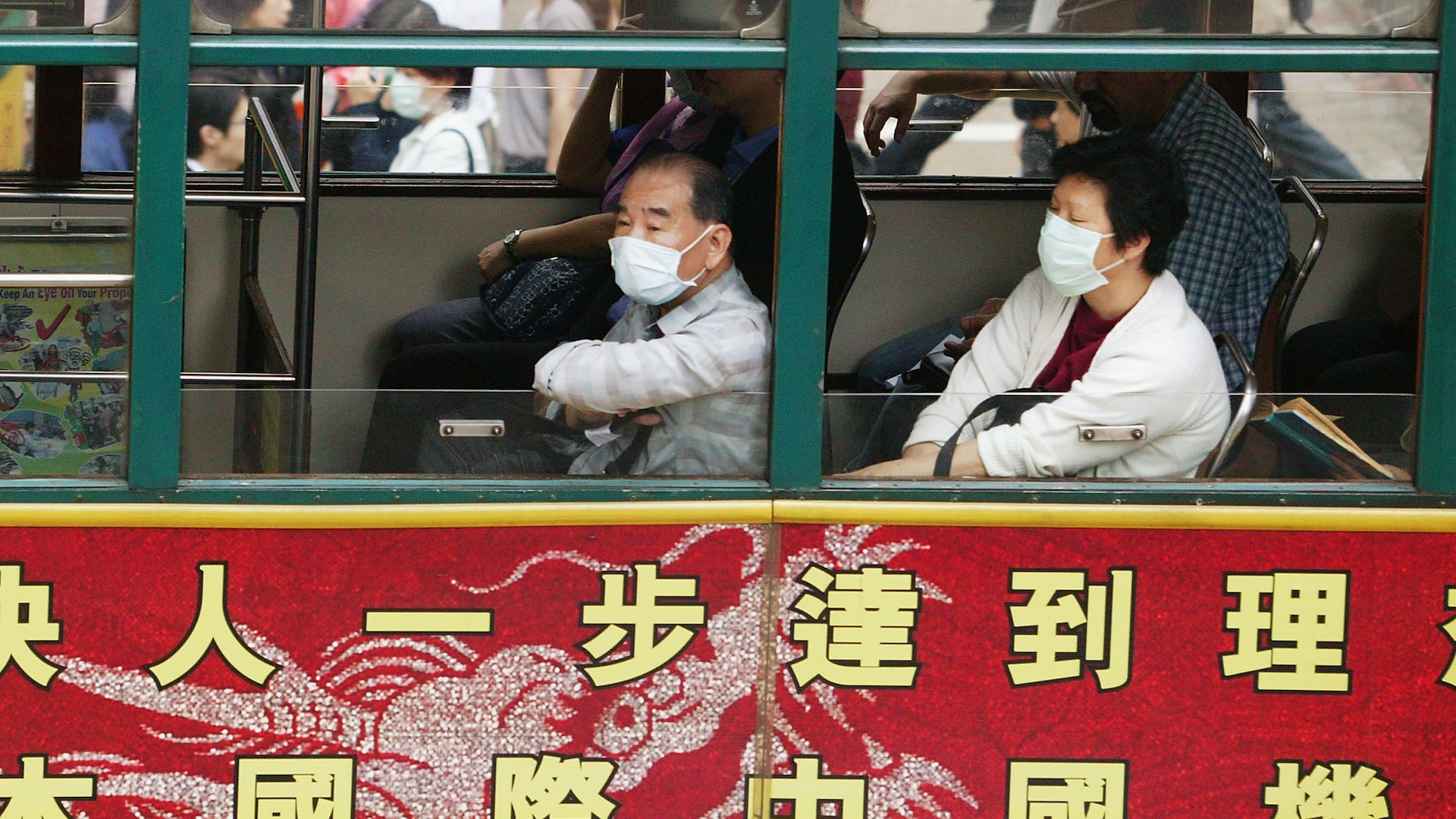Freedom of Assembly
What is freedom of assembly?
Freedom of assembly, sometimes used interchangeably with the freedom of association, is the individual right to come together and collectively express, promote, pursue and defend common interests. The right to freedom of association is recognized as a human right, a political freedom and a civil liberty.
Freedom of assembly and freedom of association may be used to distinguish between the freedom to assemble in public places and the freedom of joining an association. Both are important to the right to protest, but freedom of association also includes freedom to join a union.
The First Amendment of the United States Constitution, written in 1791 reads: Congress shall make no law respecting an establishment of religion, or prohibiting the free exercise thereof; orabridging the freedom of speech, or of the press; or the right of the people peaceably to assemble, and to petition the Government for a redress of grievances.
The freedom of assembly in order to protest sometimes conflicts with laws intended to protect public safety, even in democratic countries. In many cities, the police are authorized by law to disperse any crowd that threatens public safety, or which the police cannot control. In the past, this bureaucratic power has been abused by lawmakers if the protest is not a popular one in the community or with the local government.
From time to time, local permit laws collide in court with the freedoms of assembly and of speech, such as in February 2003 when protests were anticipated over the exclusion of women from membership at the Augusta National Golf Club where golf's Masters Tournament is played every year. The Richmond County, Georgia, county commission implemented a new rule requiring 20 days of advance notice before a protest, and giving the county sheriff the power to approve or deny permits, and to dictate the location of demonstrations. The sheriff turned down a permit to protest in front of the golf club but approved a protest half a mile away. Two courts upheld the ordinance granting the sheriff this power.
Not all countries around the world have the freedom to assemble and petition the government, especially in the world's remaining Communist countries and in certain Islamic nations. Communist countries such as China, Laos, and North Korea do not allow freedom of assembly for political groups opposed to the government, and they also limit freedom of association for religious groups. In China, groups wishing to organize demonstrations during the 2008 Summer Olympics were actively repressed. In Russia, the right was only granted in 1993, after the fall of the Soviet Union.
Get the world’s most fascinating discoveries delivered straight to your inbox.
Related:

